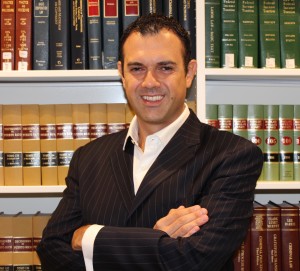Associate Professor of Law, Texas A&M University School of Law
Guillermo Garcia Sanchez
Interviewer: James Coleman, Interview date: April 2020
Key Terms: Indigenous Land Rights
Pipelines and Indigenous Communities
“On the one hand we have a human rights regime that protects indigenous rights [to] informed consultation. … On the other hand you also have the rights of foreign investors to receive full protection and security for their investments and receive fair and equitable treatment …
“We have to have a conversation about communities being affected by clean energy [infrastructure] … Some of the [isolated] communities don’t want to have any impact in their lives … Once you build [new infrastructure], it changes the dynamics inside the community so much that they lose their identity. … You are chopping down trees that are medicinal trees, connected to their way of life, to the way they educate their children, the way they connect with their own food production … That’s never compensable.”
“There is no easy answer here in the sense that the existing two regimes are in tension, and the government is left in the middle … In the paper I propose that we have to start a dialogue among investment scholars and practitioners and human rights activists and scholars … It’s not a conversation about good guys and bad guys. That binary is bad for both sides.”
Guillermo Garcia Sanchez is Associate Professor of Law at Texas A&M School of Law, where his research focuses on international petroleum transactions, arbitration in the hydrocarbons sector, the impact of human rights in the energy sector, U.S.-Mexico energy relations, and international adjudication of energy disputes.
- “When Pipelines Cross Indigenous Lands in the Americas,” Seton Hall Law Review (forthcoming)
To learn more about Guillermo Garcia Sanchez, please visit hishome page: HERE


Recent Comments